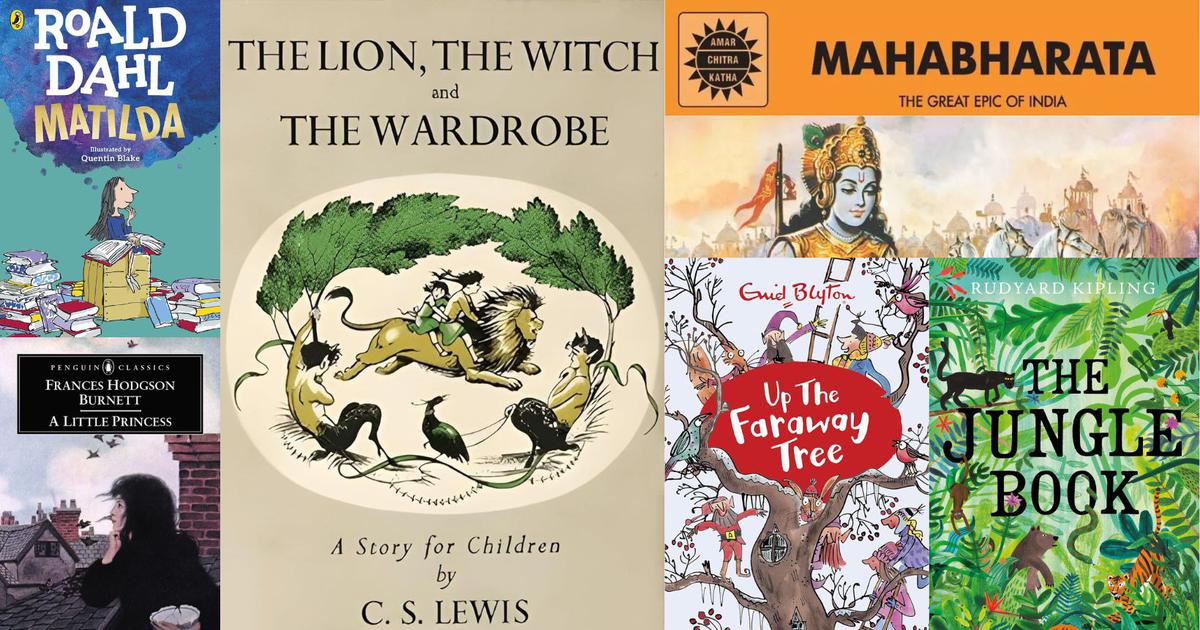Lessons from Neverland: A writer reflects on the eternal wisdom of children’s books

At a clothing store with a friend recently, she asked for my opinion on a dress. She twirled around to review every angle, the way the light caught the sequins, how the fabric fell in waves down to her ankles.
“You look,” I said sincerely, “enormous.”
To my subsequent befuddlement, this encomium was productive of rage rather than gratification. She pursed her lips, casting me a frosty glance, and collected the aforementioned waves of fabric before locking herself into the trial room. I couldn’t understand it. Where had I gone wrong? After all, I hadn’t called her fat. Hadn’t we been told, not so long ago, that the term “enormous” was much more palatable?
Of course, my friend isn’t a character in a Roald Dahl novel, so perhaps she missed that memo. It can be hard to keep up with all the memos. From the “racism, xenophobia and lack of literary merit” in Enid Blyton’s stories to the “racist and imperialist sentiments” in Rudyard Kipling’s work (per English Heritage) to the sexism of Judith Kerr’s picture books, there’s no end of criticisms to be levelled at classic children’s literature by those who are (probably smarting over) no longer (being) children. A document on how to analyse...
Read more
News